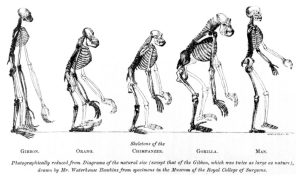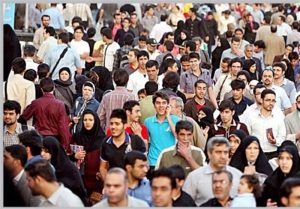Urban sociology
Urban sociology is the study of cities and their impact on human life. It examines the social structures, processes, and interactions within urban areas, as well as the ways in which cities shape individual and collective experiences. This field explores a wide range of topics, including social inequality, migration, crime, community development, and the influence of urban environments on culture and behavior.
Key aspects of urban sociology:
- Focus on Urban Life: Urban sociology specifically focuses on the unique characteristics of city life and the social dynamics that arise from living in close proximity to others in a dense environment.
Social Structures and Processes:
It analyzes how cities are organized, including social institutions, networks, and power structures, and how these structures influence social interactions and outcomes.
Impact of Urban Environments:
Urban sociology examines how the physical environment of a city, including its infrastructure, design, and spatial layout, affects the behavior, attitudes, and well-being of its residents.
Social Problems and Inequalities:
It investigates social issues prevalent in urban areas, such as poverty, crime, inequality, and discrimination, and seeks to understand their causes and consequences.
Urban Planning and Policy:
Urban sociology also informs urban planning and policy-making by providing insights into social dynamics and potential impacts of urban development projects.
Historical Context:
- Urban sociology emerged as a distinct field of study in the late 19th and early 20th centuries, driven by the rapid urbanization brought about by the Industrial Revolution.
- The Chicago School of sociology, with its focus on urban ecology and social disorganization, played a significant role in shaping early approaches to urban sociology.
- Key figures in the field include Georg Simmel, who explored the psychological effects of city life, and Émile Durkheim, who studied the social consequences of urbanization.
Contemporary Relevance:
- Urban sociology continues to be a relevant and important field of study in the 21st century, as cities around the world experience rapid growth and face complex challenges.
- It is crucial for understanding issues related to sustainability, social justice, and the future of urban development.
- Urban sociologists use a variety of research methods, including statistical analysis, qualitative interviews, and ethnographic fieldwork, to study urban phenomena




























Post Comment